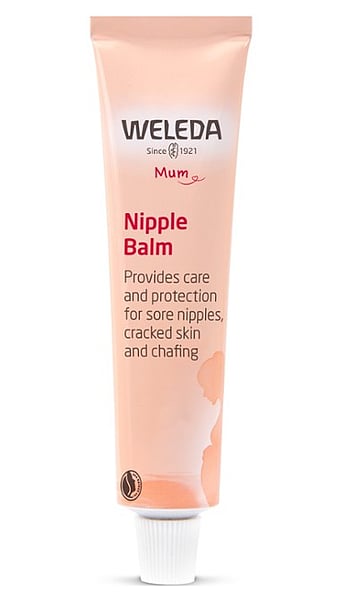Your basket is empty!
Click on this link to start shopping!
| Item | Quantity | Size | Unit price | Total price | ||
|---|---|---|---|---|---|---|
|
|
{{product.name}}
|
{{product.variant.size}}
{{product.quantity}}
|
{{(product.variant.price.originalPrice | formatPrice) * product.quantity | currency }}
{{(product.variant.price.price | formatPrice) * product.quantity | currency }}
Free
|
Free Standard Shipping over $69
Free Express Shipping over $99
Select Express Shipping at checkout





















